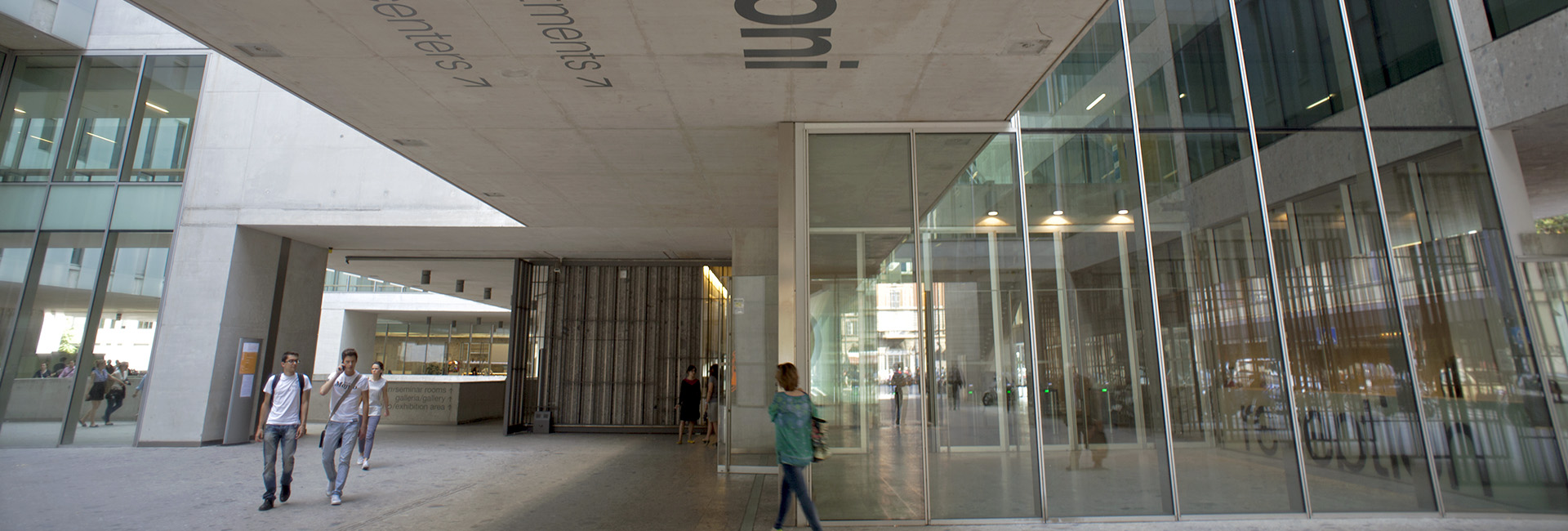20445 - MANAGEMENT OF CULTURAL INDUSTRIES AND INSTITUTIONS - MODULE I (STRATEGY AND GOVERNANCE)
Course taught in English
Go to class group/s: 19
Synchronous Blended: Lezioni erogate in modalità sincrona in aula (max 1 ora per credito online sincrona)
Cultural production is organized along three main models: - Cultural institutions, often publicly financed, dealing with heritage preservation and identity-building; - Companies in cultural industries, driven by market rules - No profit organizations ranging from participatory models to private-public partnerships All models are diffused and interplay at the global level, but their sustainability follows opposite and often conflicting perspectives. The debate on which model is more appropriate in different settings has been influencing policy decisions and strategic behaviors on cultural matters. In more recent years, the rigid dichotomy between public and private became less evident, due to technological, political, and social transformations, leading to new models and formulas. The course explores key issues facing cultural organizations and affecting their governance and institutional form, highlighting their specificities from a diachronic and global perspective. The course thus aims at: - Developing working definitions of cultural management and governance that acknowledge the complexity and ambiguity of the term; - Exploring resources as sources of competitive advantage for cultural firms and institutions; - Exploring entrepreneurship in cultural settings as a synthesis between conflicting models - Discussing how emerging social issues at local and international level affect governance of cultural institutions
- Culture as an ambiguous concept.
- Typologies of cultural organizations and drivers for their success
- Models of governance in cultural organizations.
- Resources, identity, and growth opportunities for cultural organizations.
- Strategies for sustainable cultural organizations.
Acquire relevant knowledge on governance and strategy of cultural organizations. More specifically, students will be able to:
- Recognize and distinguish different models of cultural organizations in terms of key stakeholders privileged and conditions for their economic viability.
- Identify the specific facets of culture addressed by different types of cultural organizations.
- Describe and evaluate governance structures and mechanisms for different types of cultural organizations.
- Define the key resources mobilised by cultural organizations to grant economic viability and long term sustainability.
- Compare cultural organizations based on their governance structure and sector.
- Interpret changes occurring in the strategy of cultural organizations as a consequence of changes in institutional, legal, technological and market context.
- Evaluate the conditions for sustainability of a cultural organization.
- Assess the relevance and the impact of different stakeholders on the organization's strategy and governance.
- Face-to-face lectures
- Guest speaker's talks (in class or in distance)
- Case studies /Incidents (traditional, online)
- Group assignments
- Interactive class activities on campus/online (role playing, business game, simulation, online forum, instant polls)
The course provides some theoretical background but is designed with the practitioner’s point of view in mind.
- Face-to-face lectures aim at identifying key problematic aspects associated with the issues addressed
- Guest speakers bring personal viewpoints and hands-on experience, and help students appreciate the real issues faced by cultural organizations.
- Case studies allow students to apply theories to real cases and favor plenary discussions.
- Group assignments are used to develop students' critical thinking around controversial issues.
- Interactive cases foster participation and discussion around problematic issues.
| Continuous assessment | Partial exams | General exam | |
|---|---|---|---|
| x | x | ||
| x | |||
| x |
Attending students are those who are physically or virtually present in class for at least 75% of classes and actively participate in class activity. Physical presence is a necessary but not sufficient condition for participation. Students are required to come to each class prepared and actively participate in the construction of a common understanding on the issues covered in class.
- group assignments, account for 60% of the grade and consist of the analysis of a case or presenting a position around a controversial issue. Students are required to write a short essay or prepare a short video or be ready to present in class. Evaluation grades the following:
-
Group assignments will be evaluated on the following elements:
- Ability to synthesize and elaborate the key issues
- Ability to select relevant context information
- Clarity of presentation
- The final exam is a written essay based on a case study/incident on one of the topics discussed in class or a self-reflection on an issue that emerged during the course. Students are required to address one or two questions related to the case/topic. Essay evaluation grades the following:
-
Ability to conceptualize the issue.
- Depth of analysis.
- The originality of the point of view presented.
- Clarity of presentation.
-
Not attending students take a general exam at the end of the semester. It consists of an essay based on a case study/incident on one of the topics discussed in class. Students are required to address one or two questions related to the case/the topic. Essay evaluation grades the following:
- Ability to conceptualise the issue.
- Depth of analysis.
- Originality of the point of view presented.
- Clarity of presentation.
In accordance with intellectual property rights rules, different materials are available in different ways:
- On Bocconi Bboard platform.
- P.Dubini: governance of cultural organizations – Egea 2020
-
Course reserve





